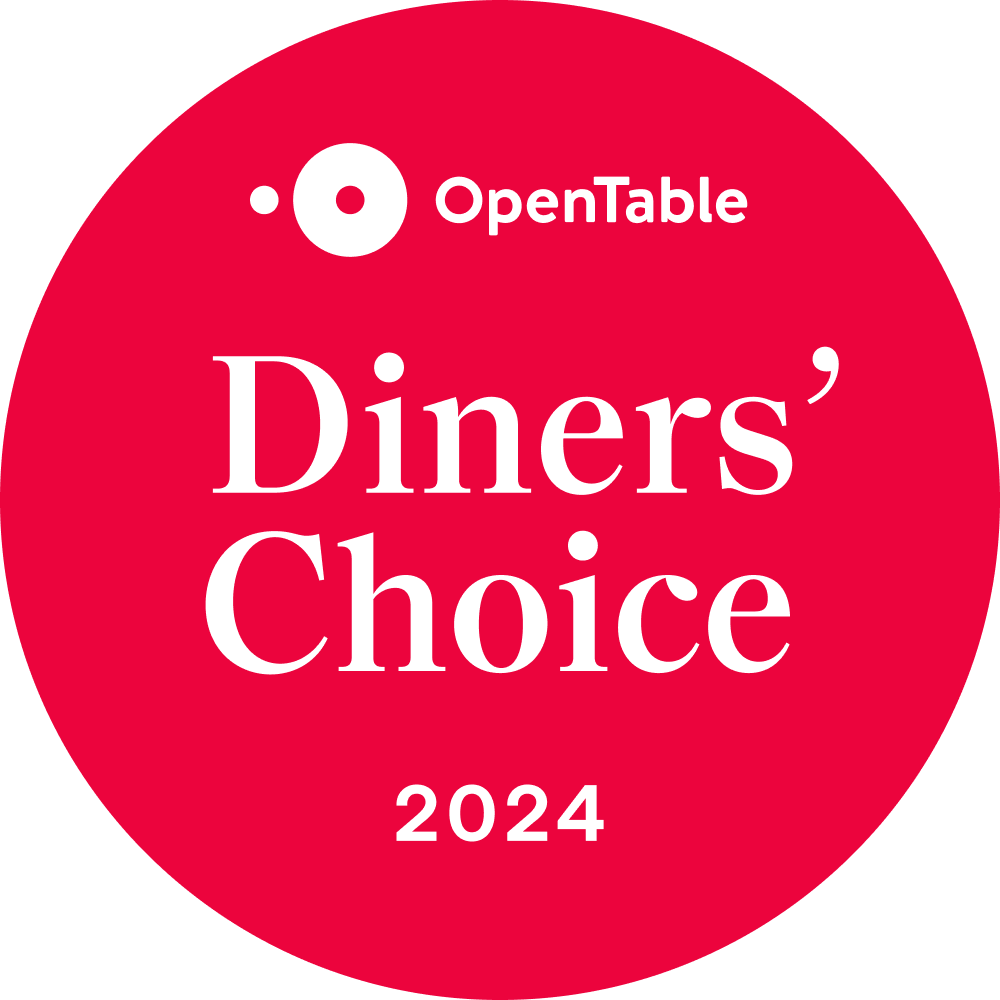At Kojin, sustainability is not a side initiative—it is the foundation of how we cook, how we serve, and how we connect with our community. Our very name, Kojin, comes from the Japanese word for “personal,” and that ethos extends to how we treat every guest, every ingredient, and every resource we touch. Just as a meal at Kojin is meant to feel intentional and personal, so too are our sustainability practices: thoughtful, holistic, and rooted in
responsibility to both people and the planet.
Sustainability initatives
-
We team up with a local company called Compost for Life. To date, we have diverted over 21,500 pounds of organic waste from the landfills, and turned it into vibrant and healthy compost.
-
Glass for Life is a wonderful, locally based company that turns all of our empty wine, sake, and beer bottles into sand to help restore Florida beaches.
-
Recycling cardboard is important because it conserves natural resources like trees, water and oil; saves a significant amount of energy compared to making new cardboard; and reduces landfill waste and greenhouse gas emissions. It also helps reduce air and water pollution and supports the economy.
-
Traditionally, kitchens, especially those that operate fine dining establishments, use plastic spoons to enable quick product tastings and ensure consistent quality while upholding health standards. At Kojin, we decided, when we opened, to invest in metal, reusable spoons for our team to use in the kitchen. This significantly reduces the amount of plastic waste generated in our daily operations.
-
Operating at 100% zero waste is incredibly challenging, and not a goal we have our sights set on just yet. Currently, we are focusing on achieving zero food waste. We achieve this through multiple initiatives, from composting to our retail products.
-
The Closed Loop Project was started by Chef Katherine in early 2025 as a way to include other businesses in further advancing sustainability goals. The Closed Loop Project focused on food waste from other operations and turned it into something new and delicious. The spent grain from a local brewery was turned into flour for donuts, day old croissants from a local bakery was made into croissant butter and then ice cream, and coffee grounds from a nearby cafe turned into an espresso crumble.
-
Our retail line is unique because everything we offer is made from food waste, or produce that was considered ineligible for regular sale (usually due to cosmetics, or over-ripening). Some of our products include soap made from used cooking oil, jelly made from marigolds, and a delicious spread made from croissants that beats out any peanut butter you could imagine for your morning toast.
-
On the rare occasion that a guest does not finish their food, we offer them a bag to take their leftovers home. All of the bags we use are made by Releaf, which uses fallen leaves instead of cutting down trees to make their bags.


